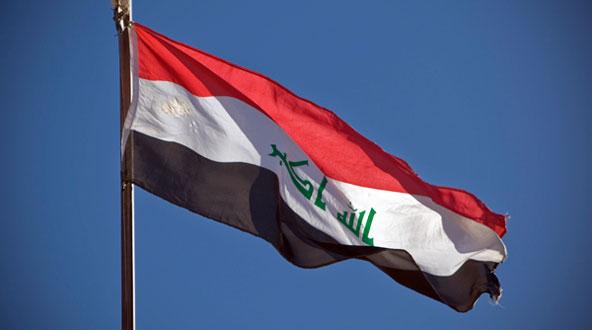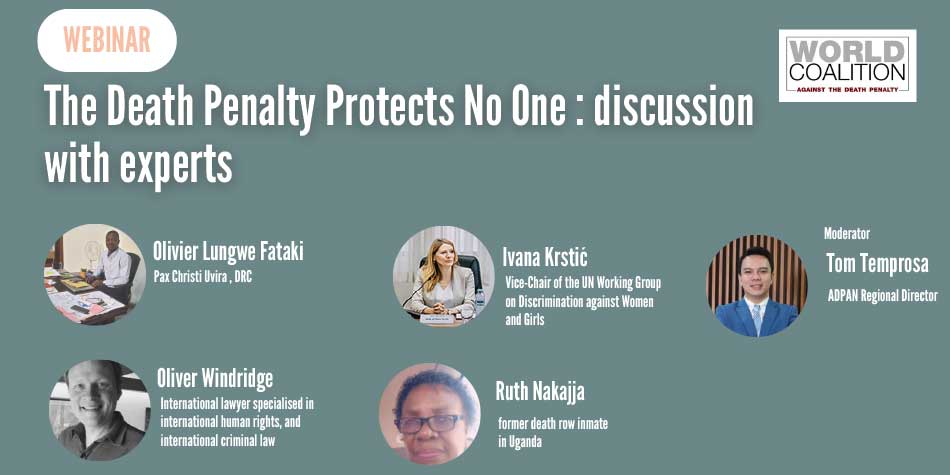
Iraq’s frantic executions pace linked to serious human rights violations
International standards
Iraq’s 30% increase in execution numbers last year is the worst deterioration recorded anywhere by Amnesty International in its new global publication on Death sentences and executions in 2013.
“The virtual killing sprees we saw in countries like Iran and Iraq were shameful. But those states who cling to the death penalty are on the wrong side of history and are, in fact, growing more and more isolated,” said Amnesty International’s Secretary General Salil Shetty.
Although the number of countries that have abolished the death penalty in law for all crimes (98) grew again in 2013, Amnesty International’s data show that a small number of nations were responsible for a rise in verified execution numbers, from 682 in 2012 to 778 last year. This figure does not include the world’s leading executioner, China, where death penalty statistics are secret and execution numbers are believed to be declining.
Iraq’s quick rise in the grim capital punishment league is accompanied by grave human rights violations documented in a joint submission to the United Nations’ Human Rights Council by the World Coalition and its members The Advocates for Human Rights and the Iraqi Coalition Against the Death Penalty.
The Advocates have now filed the document in preparation for Iraq’s Universal Periodic Review (UPR) of human rights in October 2014.
“Arbitrary deprivation of life”
“This submission concludes that Iraq cannot guarantee its citizens adequate domestic and international guarantees against the arbitrary deprivation of life and therefore should abolish the death penalty,” its authors wrote.
In addition to at least 170 people executed last year, the submission recorded more than 30 hangings in January 2014 and estimates that 1,580 prisoners are on death row – more than twice the official number.
The death penalty process violates many provisions of Iraq’s own constitution and legislation: access to legal counsel is not guaranteed at all stages of the proceedings, with some capital trials reported to have lasted only minutes and confessions obtained under torture routinely used to sentence people to death. “For example, World Coalition members in Iraq allege that 30 people put to death in one week in November were tortured, and state that many cases are supported by medical documentation,” the submission reads.
The obligation to have all execution warrants confirmed by presidential decree, too, has been overlooked for months: “The President of the Iraqi Republic has been absent from the country for several months and his Vice President is himself is out of the country and under sentence of death,” the submission notes.
Unfair trails in terrorism cases
Iraq’s use of the death penalty since its reinstatement in 2004 has also violated international law as well as the country’s own commitment to respect minimum international human rights standards at its previous UPR in 2010.
The scope of the death penalty has grown disproportionately, with most sentences imposed under the 2005 anti-terrorism law for offences as vague as “assisting terrorists”. Judges are under pressure from the executive branch of government and are forbidden by law to accept mitigating circumstances in certain terrorism cases. Such provisions and practices violate international standards on criminal proceedings and the obligation to reserve the death penalty for the most serious crimes.
The World Coalition and its members noted discrimination against the Sunni minority in the application of capital punishment and “the dramatic increase in civilian deaths in Iraq even after the government executed more people”.
They now call on the Iraqi authorities to impose a moratorium on executions, increase transparency on the application of the death penalty and bring it in line with international standards by ensuring access to legal counsel and reforming the 2005 anti-terrorism law.







